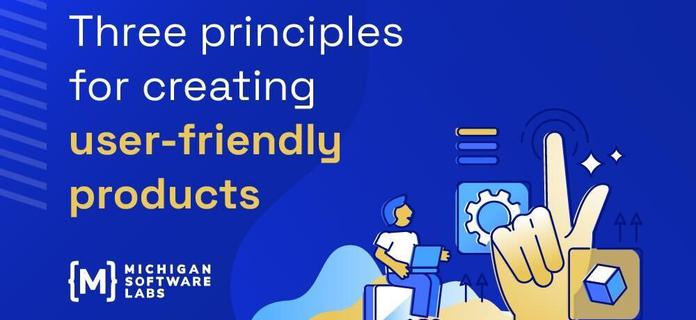All Startup Employees Work Long Hours, Right?
January 23, 2014Every once in a while I’m asked how many hours a week I work or how many hours we expect our employees to work. Most people assume that as a young startup we must work crazy hours to stay in business and turn a profit.
In addition to the perception of the typical startup, there seems to be an underlying idea that software developers work lots of overtime too. I’m not sure where this idea comes from but it is all over the place; to the point where some developers wear the amount of overtime as a badge of honor.
There are a few reasons why we choose not to have a culture of long-term overtime.
An Overworked Employee is an Under-Productive (and Unhappy) Employee
Research shows that says that when a person works extra for extended periods of time, their overall productivity drops. So not only are you spending more time in the office when you could be doing other things, but that time is less productive per hour than if you were working a typical work week.
I know that I feel much better and am able to focus more during the day if I’ve had the opportunity to watch a movie, workout and spend time with friends and family. Working overtime reduces the time that you have for other non-technical things.
Choice between short-term profit and long term sustainability
Long term overtime is a great way to burn out stellar employees, so it’s really a trade-off between short term profitability and long term sustainability. Short term profitability may work well for a startup who needs to release a product yesterday or who needs to make themselves look attractive enough for an acquisition tomorrow but when you are focused on growing a business for the long run, employee burnout and turnover is one of the worst things that can happen.
We want to attract the best employees, help them grow and keep them around for as long as possible.
Partnership with clients
When we work with clients, we want to form long term partnerships with them rather than one off project work. Our clients are perceptive. They pick up on our culture from their interaction with our employees. We want them to see us as people who are energetic and passionate about what we’re doing. It’s hard to be optimistic and energetic if you’ve been working 60 hour weeks for the last month.
Note: This can back-fire on you if you’re not careful. While we want our clients to see our energy and passion, they also need to see how much we care about their needs. Telling a client that you’re going to miss a deadline because you aren’t willing to put in the time is a good way to sour a relationship and isn’t a good reflection of the passion and partnership we have. More often than not, this is our management problem and comes from poor communication or lack of partnership building.
Provide employees time to learn and experiment outside of work
People at MichiganLabs are passionate about what they do and love to learn. Some of the best learning takes place when it’s self-directed, working on a project that you care deeply about. If a developer is working 60 hours a week, it’s less likely they will have energy to work on projects on the side or be interested in reading the latest programming book or attending local user groups. It’s easy to get so focused on project work that you stop looking forward or improving your skills. Projects will probably get done but you may be missing out on tangible benefits.
But deadlines do happen
It’d be nice if we could end the discussion there but we all work in the real world where deadlines and schedules exist and sometimes there is no getting around extra work. In cases like that, it’s a good idea to limit the period where overtime is worked. The paper linked above seems to suggest that anything beyond a couple weeks of overtime has a negative effect.
A developer’s (and manager’s) job then, is to maximize long term productivity while acknowledging outside needs and demands. Creating a culture of long-term overtime and rewarding for it may look like dedication to others, but we owe it to ourselves (and our clients and coworkers) to be as productive as we can be. And sometimes, the easiest way to get more done is to work less.
Looking for more like this?
Sign up for our monthly newsletter to receive helpful articles, case studies, and stories from our team.

Three principles for creating user-friendly products
January 25, 2023Grayson discusses three guiding principles he utilizes when designing user experiences for products.
Read more
Why I use NextJS
December 21, 2022Is NextJS right for your next project? In this post, David discusses three core functionalities that NextJS excels at, so that you can make a well-informed decision on your project’s major framework.
Read more
Simplifying the 4 forces of AI
April 9, 2024Artificial Intelligence (AI) is becoming more prevalent, but less understood. Through examples of organizations leading the charge in each of these areas, I hope to empower you to make better decisions for your enterprise and career.
Read more
